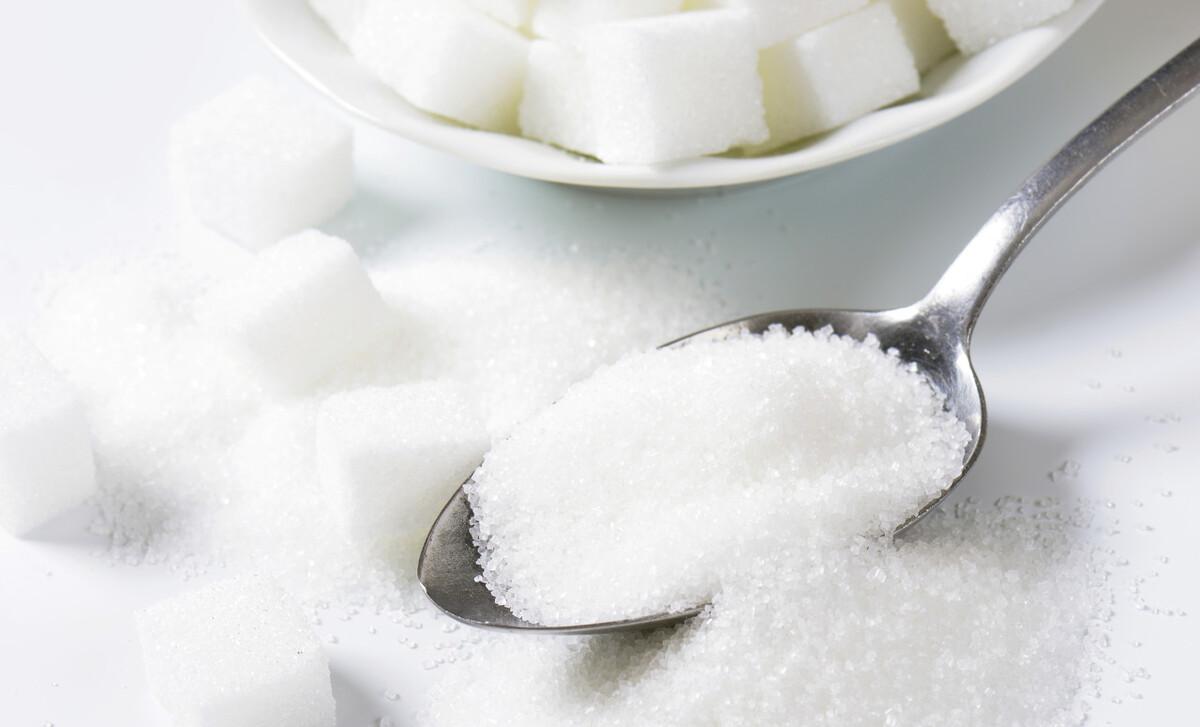What if you still want to drink drinks during weight loss, and can no calorie-free drinks be preferred?
First, sugar-free drinks will stimulate the appetite of obese people
Sucralose, commonly known as sucralose, is a common non-nutritive sweetener and is a common additive in sugar-free beverages. After the body mass index (BMI) stratification of subjects (WHO BMI stratification was adopted in European and American countries: normal 18.5 to 24.9 kg/m2; overweight ≥ 25 kg/m2; obesity 25 to 29.9 kg/m2, obesity ≥ 30 kg/m2), the researchers found that compared with the consumption of sucralose, obese people were more active in regulating the area of eating after eating sucralose, especially increasing appetite for salty foods. Participants with overweight or healthy weights did not have similar performances.

Second, men and women react differently to sugar-free drinks
Compared with sucrose, after consuming sucralose, female participants showed a higher appetite (food compared to non-food) and were more responsive to high-calorie foods and more likely to eat sweets. However, the male participants did not have a similar situation and all performed very flat.
At the buffet session that followed the study, female participants ate higher total calories after consuming sucralose-containing beverages compared to sucrose, a difference that was not shown among men. This also further confirms that women respond more to brain eating caused by sucralose.
The researchers further analyzed the after-the-fact and found that there was a significant interaction between BMI, sex, and beverage type responses to salty foods, with obese women responding more to salty foods after eating sucralose.
To sum up, the study's main conclusion is that non-nutritive sweeteners have an effect on people's nerves and behaviors, and that women and obese people, especially obese women, may cause a greater appetite response after eating sucralose compared to sucrose consumption, inducing the brain to feel hungry, which leads to more calorie intake. Therefore, when managing weight, it is also necessary to consider the biological factors of non-nutritional sweeteners on individuals to achieve more individualized management.
Third, sugar-free drinks are actually not so terrible
After reading the results of the above study, you may have begun to shiver with sugar-free drinks. But in fact, the study has other findings:
Participants consumed more total calories during a casual buffet after sucralose compared to sucrose drink conditions, and female participants consumed higher total calories after sucralose intake, compared to men with no significant difference.
But the researchers also point out that if you want to reflect the effects of sugar-free drinks more realistically at a closer to life level, further experimental design and research are needed to explore.
In addition, this study only shows that compared with the consumption of sucrose, women and obese people, especially obese women, have a higher appetite after drinking sugar-free drinks than after drinking sugar-free drinks, but if your weight loss perseverance is large enough to "lock" your mouth, are you afraid that sugar-free drinks will not succeed?